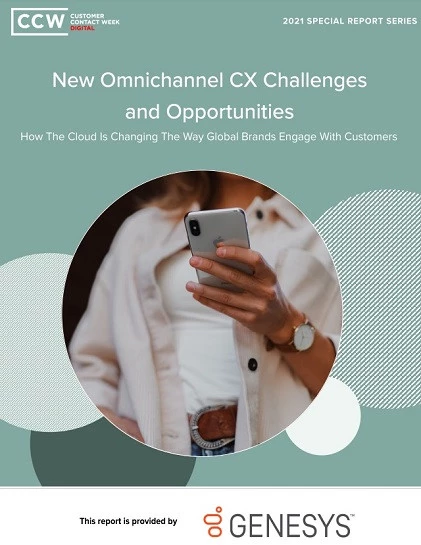Omni-Channel: The Game is Changing
Add bookmarkThe following is derived from Call Center IQ's Executive Report on the Omni-Channel Customer Experience. Download your complimentary copy now!
The disparity between mindset and execution rears its head in all facets of contact center strategy.
It explains why organizations can recognize the efficiency and scalability of cloud solutions but still primarily rely upon on-premise infrastructure. It explains why organizations can tout customer-facing metrics like CSAT score, Net Promoter Score and Customer Effort Score as true barometers of performance yet continue to perform as if average handle time and average speed of answer are the bigger priorities. It explains why organizations can publicly aspire to "be like Zappos" but continue to overlook opportunities to improve culture and drive greater employee engagement.
More than merely applicable to channel engagement strategy, the seemingly inescapable gap between thinking and doing serves to uniquely complicate the matter for those businesses aiming to stay ahead of the curve and on the pulse of customer demand.
Per Call Center IQ’s annual survey on channel strategy, only 4% of organizations believe becoming an omni-channel business is an improper, misguided or unnecessary objective. The other 96%--an overwhelming majority—accepts omni-channel as the appropriate ambition, if not standard, for today’s businesses.
Whether the customer engagement hub is known as a call center, contact center or interaction center, today’s businesses believe it must be an omni-channel one.
Unfortunately, many of those businesses find themselves grappling with the preceding—and less aspirational—requirements of a "multi-channel" world.
Still working to introduce newer, web- and mobile-driven channels, let alone with the same robustness and agility as media like telephony and email, businesses are essentially struggling to catch up to an idea that is already dramatically behind the times.
Insofar as 96% aim to become "omni-channel," today’s businesses do not simply need to offer comprehensive, customer-centric levels of engagement in numerous channels. They need to do so in a manner that creates a unified, consistent, seamless experience for customers who define their preferences and engagement efforts not necessarily by channel but by objective.
If their action has not even risen to the ambition of the lesser, simpler approach to channel engagement strategy, can businesses realistically attain the standard created by the "omni-channel" revolution?
If they are barely at the back of the "multi-channel" line, how can they possibly jump to the front of the "omni-channel’ one?
The task is not easy. The solution is not obvious. Businesses will not be able to plug in a system, press the on switch and rapidly transform into an omni-channel organization. Businesses unable to call themselves multi-channel in the status quo will not be able to dismiss all of their existing limitations when pursuing the newer, revolutionized standard.
But they can do it.
On September 17, Call Center IQ will prevent the Omni-Channel Customer Experience virtual summit. Featuring high-level keynotes, exclusive case studies and interactive roundtables, the virtual event is your free, insightful, empowering opportunity to join the omni-channel revolution. The event will also feature giveaways, virtual booths with hundreds of free content downloads and opportunities to chat, in real-time, with customer service experts.
Spaces are limited - secure your complimentary spot in the virtual event now!













